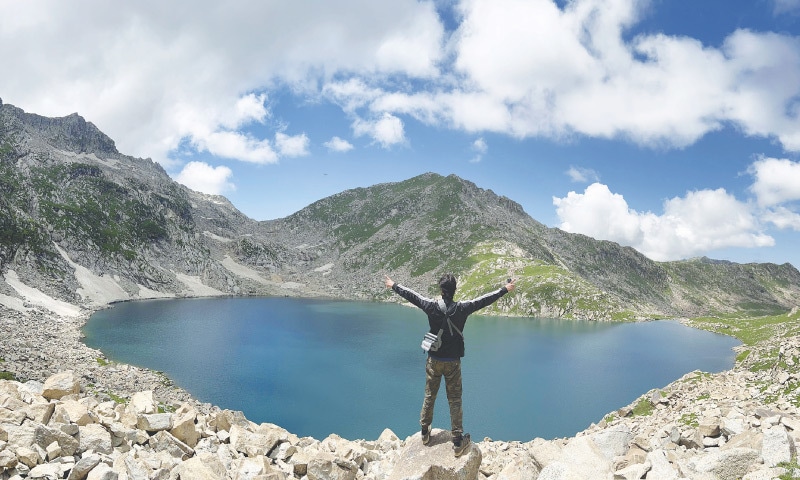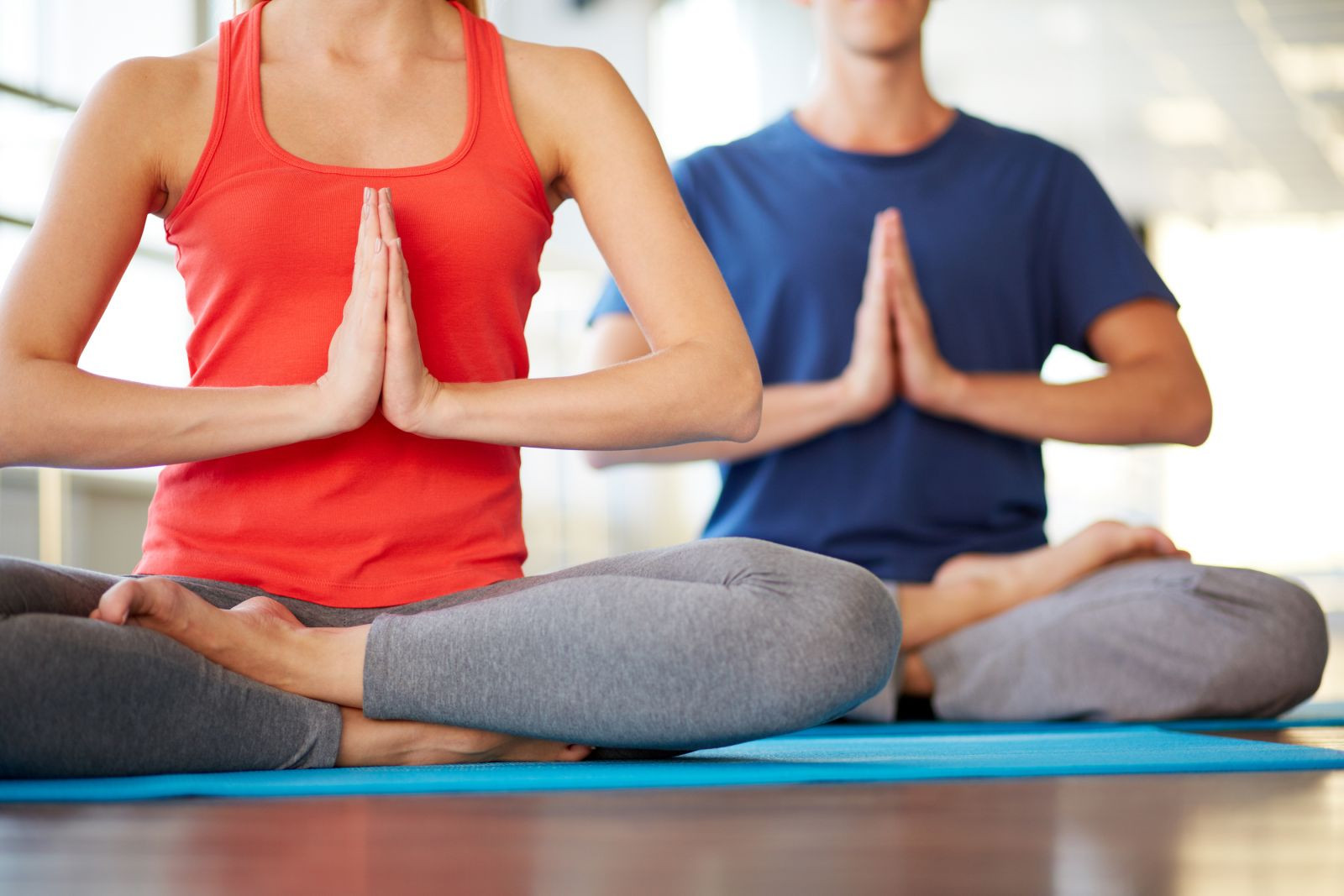The COVID-19 pandemic turned the world upside down, leaving millions grappling with physical illness, mental strain, and emotional turmoil. While vaccines and medical treatments took center stage, many people turned to holistic practices like meditation and yoga to support their recovery and well-being. As someone who has practiced yoga for years and leaned on meditation during tough times, I’ve seen firsthand how these practices can bring calm to chaos. In this article, we’ll explore how meditation and yoga serve as powerful adjunctive therapies for COVID-19, backed by science, enriched with real stories, and packed with practical tips for anyone looking to integrate these practices into their lives.
Why Meditation and Yoga Matter for COVID-19
The pandemic wasn’t just a physical health crisis; it was a mental and emotional one too. Meditation and yoga, rooted in ancient traditions, offer tools to address both the body and mind, making them promising adjunctive therapies for COVID-19. Research suggests these practices can reduce stress, boost immunity, and even mitigate inflammation—key factors in managing the virus’s impact.
The Science Behind the Benefits
Studies from institutions like MIT and Harvard have explored how yoga and meditation may help with SARS-CoV-2 infection. Their findings? Practices like yoga asanas (postures), pranayama (breathing exercises), and meditation may reduce inflammation and enhance immune responses, potentially aiding in prevention and recovery.
A Personal Connection to Healing
When I caught COVID-19 in 2021, the fatigue and anxiety were overwhelming. Practicing gentle yoga and guided meditation helped me feel grounded when the world felt unsteady. These weren’t cures, but they were lifelines, giving me moments of peace and strength.
How Meditation Supports COVID-19 Recovery
Meditation, at its core, is about finding stillness in the storm. For COVID-19 patients, it can be a game-changer in managing stress and supporting mental health, which are critical for recovery.
Reducing Stress and Anxiety
The fear and uncertainty of a COVID-19 diagnosis can spike anxiety, which weakens the immune system. Meditation, especially mindfulness-based practices like MBSR (Mindfulness-Based Stress Reduction), has been shown to lower cortisol levels and improve emotional regulation. A 2021 study found that regular meditation practice was linked to higher mental well-being scores during the pandemic.
Boosting Psychological Resilience
Meditation fosters a sense of control and calm. In a 2022 study, participants who meditated regularly reported lower levels of depression and stress, crucial for those battling long COVID symptoms. Imagine sitting quietly, focusing on your breath, and feeling the weight of worry lift—it’s not magic, but it feels close.
Yoga’s Role in Physical and Mental Recovery
Yoga, with its blend of movement, breath, and mindfulness, offers a holistic approach to supporting COVID-19 patients. It’s not just about stretching; it’s about rebuilding strength and resilience.
Enhancing Immune Function
Yoga practices like pranayama and asanas may regulate inflammatory biomarkers, which are critical in severe COVID-19 cases. A 2022 meta-analysis found that yoga and breathing exercises positively impacted immunity markers, potentially reducing the severity of infections.
Improving Physical Health
For those recovering from COVID-19, gentle yoga can improve lung function and reduce fatigue. Simple poses like Cat-Cow or Child’s Pose can ease breathing difficulties and restore energy. I remember practicing these during my recovery, feeling my breath deepen with each session.
Supporting Mental Well-Being
Yoga’s meditative components help combat the psychological toll of the pandemic. A 2021 cross-sectional study showed that regular yoga practice was associated with better mental health outcomes, reducing the risk of depression and psychological distress.
Comparing Meditation and Yoga: Which Is Right for You?
Both meditation and yoga offer unique benefits, but they differ in approach and focus. Here’s a breakdown to help you choose:
| Aspect | Meditation | Yoga |
|---|---|---|
| Focus | Mental clarity, stress reduction | Physical movement, breath, and mindfulness |
| Best For | Anxiety, emotional regulation | Physical recovery, lung function, stress |
| Time Commitment | 10–20 minutes daily | 20–60 minutes, depending on practice |
| Accessibility | Can be done anywhere, no equipment needed | May require space, mat, or guidance |
| Skill Level | Beginner-friendly | Varies from beginner to advanced |
Pros and Cons of Meditation
- Pros: Easy to start, minimal time commitment, scientifically backed for stress reduction.
- Cons: May feel challenging for those with racing thoughts, requires consistency.
Pros and Cons of Yoga
- Pros: Improves physical and mental health, adaptable to all fitness levels, fosters community.
- Cons: Requires physical effort, may not suit those with mobility issues without modifications.
Real-Life Stories: How Meditation and Yoga Helped
Let’s meet Sarah, a 34-year-old nurse who battled COVID-19 in 2020. Overwhelmed by long shifts and her own illness, she turned to online yoga classes. “I started with 15-minute sessions,” she shared. “The breathing exercises helped me sleep better, and the poses gave me energy to face another day.” Similarly, John, a 50-year-old teacher, found meditation through a free app. “It was like hitting pause on my anxiety,” he said. These stories echo research showing that yoga and meditation improve quality of life during recovery.
Practical Tips to Get Started
Ready to try meditation or yoga? Here’s how to begin, even if you’re new to these practices:
- Start Small: Try 5–10 minutes of meditation or gentle yoga daily. Apps like Headspace or YouTube channels like Yoga With Adriene are great starting points.
- Focus on Breath: Practice pranayama techniques like diaphragmatic breathing to calm your nervous system.
- Find Community: Join virtual or local yoga classes to stay motivated. Many studios offer beginner-friendly sessions.
- Adapt to Your Needs: If mobility is an issue, try chair yoga or guided meditation to suit your body’s limits.
- Be Consistent: Daily practice, even if brief, yields better results than sporadic longer sessions.
Where to Access Meditation and Yoga Resources
Finding the right tools is key to success. Here are some trusted resources:
- Online Platforms: Headspace, Calm, and Insight Timer for meditation; Glo, Yoga International, and Down Dog for yoga.
- Free Resources: YouTube channels like Yoga With Adriene or free meditation sessions from The Sanctuary or Dublin Buddhist Centre.
- Local Studios: Check community centers or gyms for in-person classes, often tailored for beginners or recovery needs.
- Apps for Tracking Progress: Apps like MyFitnessPal or Strava can log your yoga sessions, while meditation apps track mindfulness streaks.
Best Tools for Meditation and Yoga Practice
To enhance your practice, consider these tools:
- Meditation Apps: Headspace ($69.99/year, beginner-friendly), Calm ($69.99/year, great for sleep meditations), Insight Timer (free with premium options).
- Yoga Equipment: A quality yoga mat (Liforme, $140, durable and grippy), yoga blocks ($15–$30, for support), and a strap ($10, for flexibility).
- Wearables: Fitbit or Apple Watch to track heart rate and stress levels during practice.
- Books: “The Heart of Yoga” by T.K.V. Desikachar for yoga philosophy; “The Miracle of Mindfulness” by Thich Nhat Hanh for meditation insights.
People Also Ask (PAA) Section
Can yoga help with COVID-19 recovery?
Yes, yoga can support recovery by improving lung function, reducing fatigue, and lowering stress. Gentle poses and breathing exercises are particularly effective for post-COVID symptoms.
Is meditation safe for COVID-19 patients?
Meditation is safe and beneficial, especially for managing anxiety and stress. Start with short, guided sessions to avoid overwhelm, and consult a doctor if you have severe symptoms.
How often should I practice yoga or meditation for COVID-19 benefits?
Daily practice, even 10–20 minutes, is ideal. Consistency matters more than duration, with studies showing regular practice improves mental and physical health.
Are there free resources for yoga and meditation?
Yes, platforms like YouTube, Insight Timer, and community centers offer free sessions. Many apps also have free trials or basic versions for beginners.
FAQ Section
1. How do meditation and yoga help with COVID-19 symptoms?
Meditation reduces stress and anxiety, which can weaken immunity, while yoga improves lung capacity and physical strength. Both practices support mental and emotional resilience, aiding recovery.
2. Can beginners practice yoga and meditation for COVID-19?
Absolutely! Beginners can start with guided meditations or gentle yoga like Hatha or chair yoga. Apps and online videos make it easy to learn at your own pace.
3. Are there risks to practicing yoga during COVID-19 recovery?
For most, yoga is safe, but those with severe symptoms or mobility issues should consult a doctor. Avoid intense poses and focus on gentle, restorative practices.
4. How long does it take to see benefits from meditation?
Benefits like reduced stress can be felt within days, but consistent practice over weeks enhances mental well-being and immunity, per studies.
5. Where can I find affordable yoga classes?
Check free YouTube channels, community centers, or apps like Insight Timer. Many studios offer sliding-scale fees or virtual classes for affordability.
The Future of Meditation and Yoga in Pandemic Recovery
As we move beyond the peak of the COVID-19 crisis, meditation and yoga remain vital tools for healing. They’re not replacements for medical care but powerful complements that address the mind-body connection. My own journey with these practices taught me that even in the darkest moments, a few deep breaths or a gentle stretch can light the way forward. Whether you’re recovering from COVID-19 or preparing for future challenges, these practices offer a path to resilience and hope.
For more information on yoga’s benefits, visit Yoga Journal or explore meditation resources at Mindful.org. Start small, stay consistent, and let these ancient practices guide you toward better health.








Leave a Reply